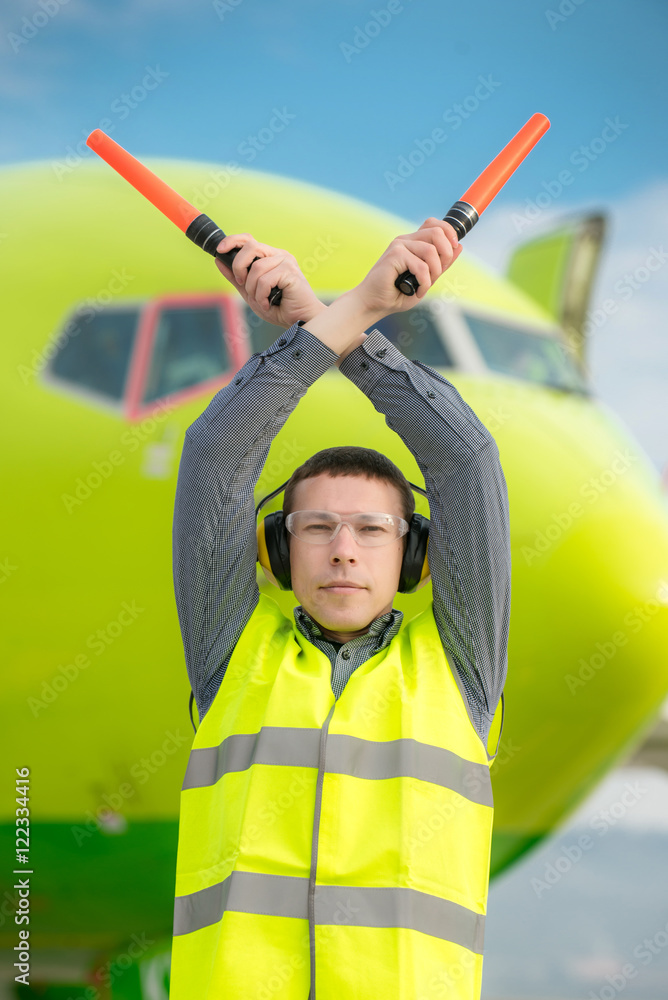Could the recent chaos at Newark Liberty International Airport be a wake-up call for the United States to address its long-standing issues with air traffic control? A bold statement can be made here: the infrastructure supporting air traffic controllers is outdated and under-resourced, creating an environment ripe for operational failures. This situation has been exacerbated by staffing shortages, which have left controllers overworked and stressed. The incident on April 28, where controllers experienced a radar and communications blackout, underscores the fragility of the current system.
An outage of radio and radar systems that air traffic controllers use to guide planes into Newark last week exposed decades of underinvestment and staffing shortages. While no accidents occurred during this incident, the ripple effects were significant. Hundreds of flights were canceled or delayed, leading to widespread disruption for travelers. Transportation Secretary Sean Duffy acknowledged the severity of the issue, noting that starting pay for air traffic controllers is around $45,000, which may not attract enough qualified candidates given the demanding nature of the job. To address these challenges, financial incentives such as higher pay are being considered to bolster recruitment and retention efforts.
| Name | David Grizzle |
|---|---|
| Position | Former Chief Operating Officer and Head of Air Traffic Control for the Federal Aviation Administration |
| Years of Service | Over 30 years in aviation management roles |
| Education | Bachelor's degree in Aerospace Engineering; Master's degree in Public Administration |
| Achievements | Recipient of multiple FAA awards for innovation in air traffic management |
| Professional Affiliations | Member of the National Academy of Engineering; Fellow of the American Institute of Aeronautics and Astronautics |
| Reference Website | FAA Official Website |
The curriculum offered by several institutions meets the requirements of the Federal Aviation Administration Air Traffic Collegiate Training Initiative (AT-CTI). Under an educational partnership agreement with the FAA, students who complete this program may be recommended by their college for hiring as air traffic controllers. This initiative aims to prepare students for broad-based aviation careers, equipping them with the necessary skills and knowledge to excel in this critical field. There are no prerequisites or enrollment limitations, making it accessible to aspiring professionals.
Some controllers are currently on a 45-day “trauma leave” following the events at Newark Liberty International Airport. Under the Federal Employees' Compensation Act (FECA), air traffic controllers are entitled to a Continuation of Pay (COP) during this period, allowing them to recover from the stress and trauma associated with high-pressure situations. This leave is essential for maintaining the mental health and well-being of controllers, who play a vital role in ensuring the safety and efficiency of air travel.
Listening to live air traffic control communications has become increasingly popular among aviation enthusiasts. Websites like LiveATC.net provide real-time access to these communications, offering insights into the complexities of air traffic management. By tuning into frequencies used by airports and air traffic control centers, listeners can gain a deeper understanding of how controllers coordinate with pilots to ensure safe and efficient flight operations. This resource serves as both an educational tool and a source of entertainment for those interested in aviation.
While the band Air Traffic Controller may not be directly related to aviation, their music resonates with fans who appreciate harmonious renditions of fan favorites. Stripped down to a trio consisting of Dave Munro, Emi McSwain, and Bobby Borenstein, the group shares stories through their performances, creating a unique connection with audiences. Their special acoustic EP showcases their talent and versatility, further solidifying their place in the music industry.
Typically stationed in air traffic control centers or control towers, air traffic controllers monitor the position, speed, and altitude of aircraft while communicating with pilots. This crucial role requires precision, focus, and the ability to make quick decisions under pressure. Controllers must possess strong communication skills, attention to detail, and a deep understanding of aviation regulations and procedures. As technology continues to evolve, so too must the training and tools provided to these professionals to ensure they can effectively manage increasingly complex airspace environments.
Newark Liberty International Airport has faced numerous challenges in recent weeks, highlighting broader issues within the U.S. air traffic control system. Staffing shortages, outdated technology, and adverse weather conditions have all contributed to the disruptions experienced by travelers. David Grizzle, former chief operating officer and head of air traffic control for the FAA, emphasizes that addressing these systemic problems will require significant investment in both human resources and infrastructure. Upgrading radar systems, enhancing communication networks, and implementing advanced air traffic management technologies are just some of the measures needed to modernize the current framework.
In addition to technological advancements, fostering a supportive work environment for air traffic controllers is paramount. Providing competitive compensation packages, offering professional development opportunities, and promoting work-life balance can help attract and retain top talent in this demanding field. By prioritizing the well-being of controllers, the aviation industry can ensure that they remain capable of handling the ever-growing volume of air traffic safely and efficiently.
The events at Newark serve as a reminder of the critical importance of air traffic control in maintaining the integrity of global aviation networks. As demand for air travel continues to rise, investing in robust systems and skilled personnel becomes even more imperative. Stakeholders across the aviation sector must collaborate to identify and implement solutions that address existing deficiencies while preparing for future challenges. Only through such concerted efforts can the United States hope to achieve a world-class air traffic control system that meets the needs of its citizens and the global community.


![Air Traffic Controller Resume Example + Guide [Get Top Jobs]](https://standout-cv.com/wp-content/uploads/2023/03/Air-Traffic-Controller-Resume-2.png)
